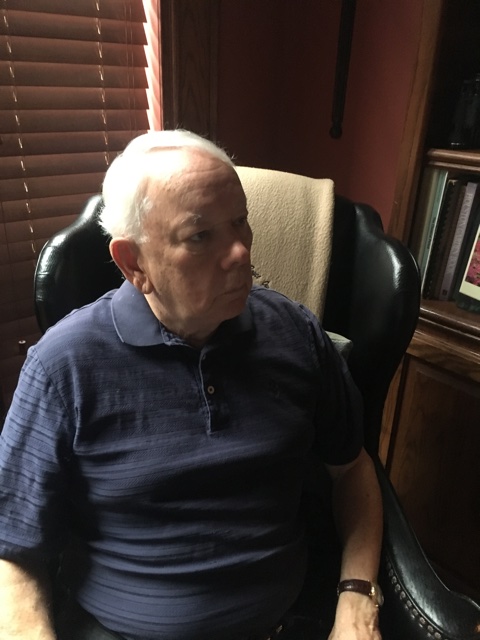
|
US Vote SmartHome » 2018-11-06 election » Texas » Lone Star Groundwater Conservation District, Place 5 (At-large) » Francis J. Bourgeois |
| Francis J. Bourgeois | |
|---|---|

|
|
| Party | Republican |
| Website | N/A |
| Born | Jan 5, 1942 |
| Education | BS,MS Michigan Tech U |
| Occupation | Adjunct Professor LSM, Realtor |
| Religion | N/A |
| Marital | Married |
| Children | 3 |
Francis J. Bourgeois
RESUME
Francis Bourgeois
POB 1702
Conroe, TX 77305
936-445-1485 (Home)
713-899-6497 (Cell)
morningp@consolidated.net
EDUCATION
BS, MS, Mathematics, Michigan Tech University
TRAINING
40-Hour Mediation Training, AA White Dispute Resolution Center, U of Houston
24-Hour Family Law, Divorce, SAPCR Mediation Training, U of Houston
16-Hour CPS Mediation Mediation, Montgomery County DRC
32-Hour International Arbitration Training, U of Houston
8-Hour CE for the Arbitration of Appraisal Review Board Determinations
Real Estate Sales License (0526372)
ARBITRATION AND MEDIATION PROFESSION
Financial Industry Regulatory Agency (FINRA) Arbitrator
Better Business Bureau (BBB) Mediator
BBB AutoLine Arbitrator
Montgomery County Dispute Resolution Center (DRC) Mediator
Arbitrator Registry for Property Tax Appraisal Determinations
LICENSES/CERTIFICATIONS
FINRA Arbitrator (A57569)
Real Estate Sales License (0526372)
BBB AutoLine Arbitrator
EXPERIENCE
Present-Mediator Montgomery County Dispute Resolution Center
Present-Arbitrator FINRA
Present-Mediator/Arbitrator BBB
Present- Real Estate agent, Ruth Stultz & Co.
2000-Present Adjunct Professor of Math, Lone Star Montgomery
2002-2010 Board of Directors Montgomery County Hospital District –
2006-2007 Leo Hewitt Properties
2007 The Friendship Center Interim President
1999 Kelman Technology, Houston, Vice President for Data Management
1995-1998 PGS, Vice-President
1988-1995 The Woodlands Geophysical Group, President
1985-1988 Pennzoil Houston, Exploration Manager Europe
1980-1985 Pennzoil Nederland, The Hague, NL, Chief Geophysicist
1978-1980 Deminex, Essen, Germany, North Sea Manager
1966-1978 Shell Development,and Shell Oil, Houston, Midland, Geophysicist
Video Interview Source 
Submitted by john wertz on 2018-10-16 03:27:42
MCTP Rating of: 75 Source 
Submitted by john wertz on 2018-10-16 03:27:26
Pros
- Highly educated and trained.
- Background O&G(geology/geophysics), as well as in arbitratio and mediation.
- Real Estate Agent.
- Adjunct Prof at LSC.
- Former BOD of MCHD.
- Voted in the Republican Primary
Cons
- Only thinks there might possibly be a regulatory problem.
- Feels board has done a good job based on current info.
- Thinks the reservoirs are being depleted, despite evidence (studies - TERS) to the contrary.
- Said 64,000 Acre ft./year restriction came from USGS (I discussed w/Jason in Shenandoah USGS office and he's not aware that number came from them(9/27).
- He volunteered that his daughter works for Jim Stinson(Mgr. WJPA - Woodlands Joint Powers Agency - MUDS).
- Says salaries eat up a sizeable portion of budget but said he didn't know how much they were(or should be).
